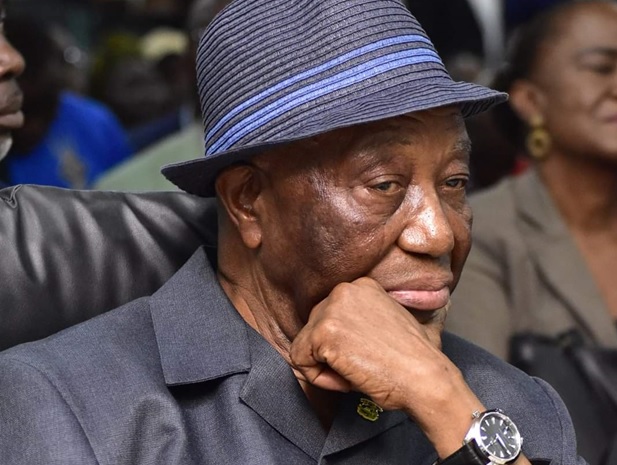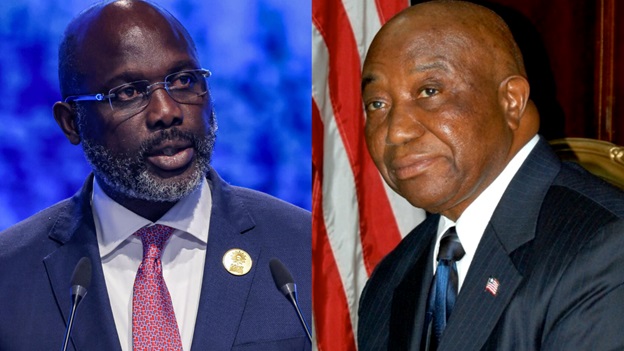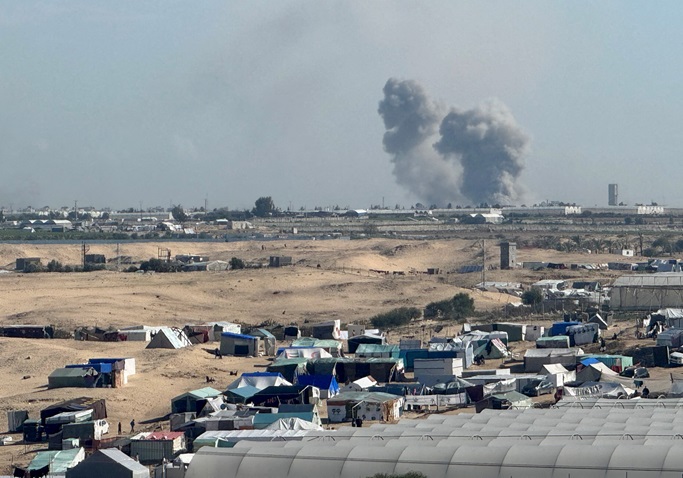MONROVIA – In a surprising turn of events, President Joseph Boakai faced widespread disappointment and criticism after allegedly removing paragraphs pertaining to the establishment of war and economic crimes courts from his State of the Nation Address. Multiple sources have confirmed that these crucial paragraphs were omitted at the last minute, leaving many Liberians disheartened and questioning the new President’s commitment to justice.
The anticipation surrounding President Boakai’s address was palpable, as Liberians yearned for a leader who would address the long-standing issue of war crimes committed during the country’s tumultuous past. The establishment of war and economic crimes courts has been a contentious topic, with victims and human rights advocates advocating for justice and accountability.
However, as the President’s speech unfolded, it became evident that the paragraphs addressing the establishment of these courts were conspicuously absent. The omission sent shockwaves throughout the nation, leaving many feeling betrayed and disillusioned. Liberians had hoped that President Boakai, who had promised to prioritize justice during his campaign, would use this platform to address the pressing need for war crimes trials.
The removal of these paragraphs from the State of the Nation Address has raised concerns about the President’s commitment to upholding justice and ensuring accountability for past atrocities. Critics argue that this omission sends a troubling message to both the victims and the international community, suggesting a lack of political will to confront the painful past and bring perpetrators to justice.
The disappointment expressed by Liberians is not unfounded. The scars of the civil war, which lasted from 1989 to 2003, still run deep in the country. Thousands of innocent lives were lost, and countless others were subjected to unimaginable suffering. The establishment of war and economic crimes courts is seen as a crucial step towards healing and reconciliation, as well as a deterrent against future human rights abuses.
Civil society organizations, human rights activists, and victims’ groups have been vocal in their demands for justice. They argue that without accountability, the wounds of the past will continue to fester, hindering the nation’s progress and perpetuating a culture of impunity. The omission of the war crimes court from President Boakai’s address has only intensified their calls for action.
But one of the main former war lords who killed so many Liberians during the war is a political partner of Mr. Boakai. Prince Johnson played a key role in making sure his home county of Nimba overwhelmingly voted for Mr. Boakai.
As Liberia navigates its path towards a brighter future, the establishment of war and economic crimes courts remains a crucial component of the healing process. The disappointment felt by many Liberians serves as a reminder that the wounds of the past cannot be ignored or swept under the rug. It is now up to President Boakai and his administration to demonstrate their commitment to justice and accountability by taking concrete steps towards the establishment of these courts. Only then can Liberia truly move forward, leaving behind the shadows of its painful history.







